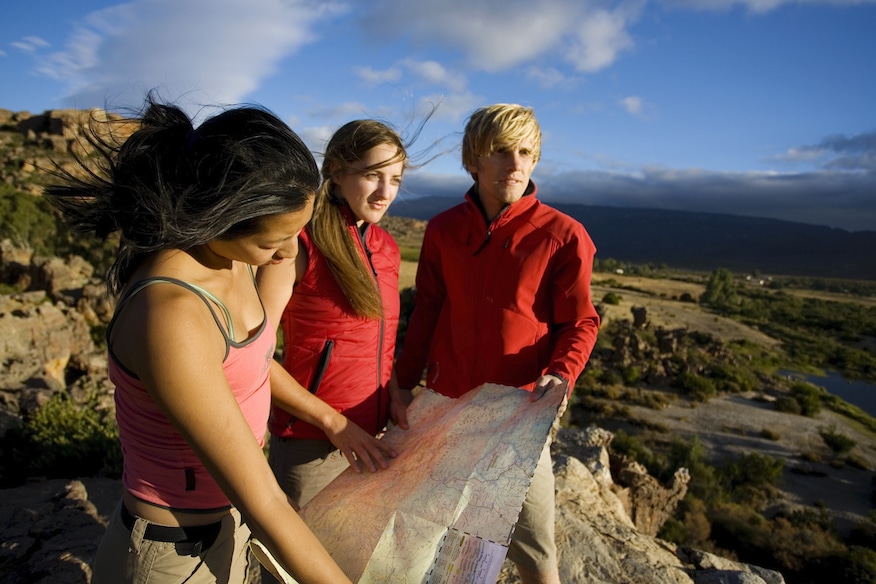NCOAE Embraces Place-Based Learning
NCOAE CurriculumEmbedded in each of our outdoor and wilderness-based experiential education courses is the delivery of place-based learning, which was first introduced by David Sobel in his groundbreaking book, Place-Based Education: Connecting Classrooms and Communities.
Place-based learning connects students to history, landscape, geography, and people through the intense exploration of a specific area which, along the way, serves to help solve the area’s inherent or most recent and/or chronic challenges.
Here at The National Center for Outdoor & Adventure Education (NCOAE), our field instructors are required to research and be knowledgeable about the history, ecology, people, and events that impact a course’s geographical areas. Instructors then share that information with each other, discussing how to tie data to parts of the NCOAE curriculum and/or a client’s Custom Program requirements.
Having this depth of knowledge binds content and curriculum. The result? No topic or subject is taught in isolation. For example, the study of flora and fauna connects to math, literacy, and science. And meeting and knowing people who helped shape the land through writings or active conservation of the area ties into global studies, communication, and environmental stewardship. In this way, place-based learning benefits educators, students, and communities. For instance: (more…)
TALK TO US
Have any further questions about our courses, what you’ll learn, or what else to expect? Contact us, we’re here to help!
